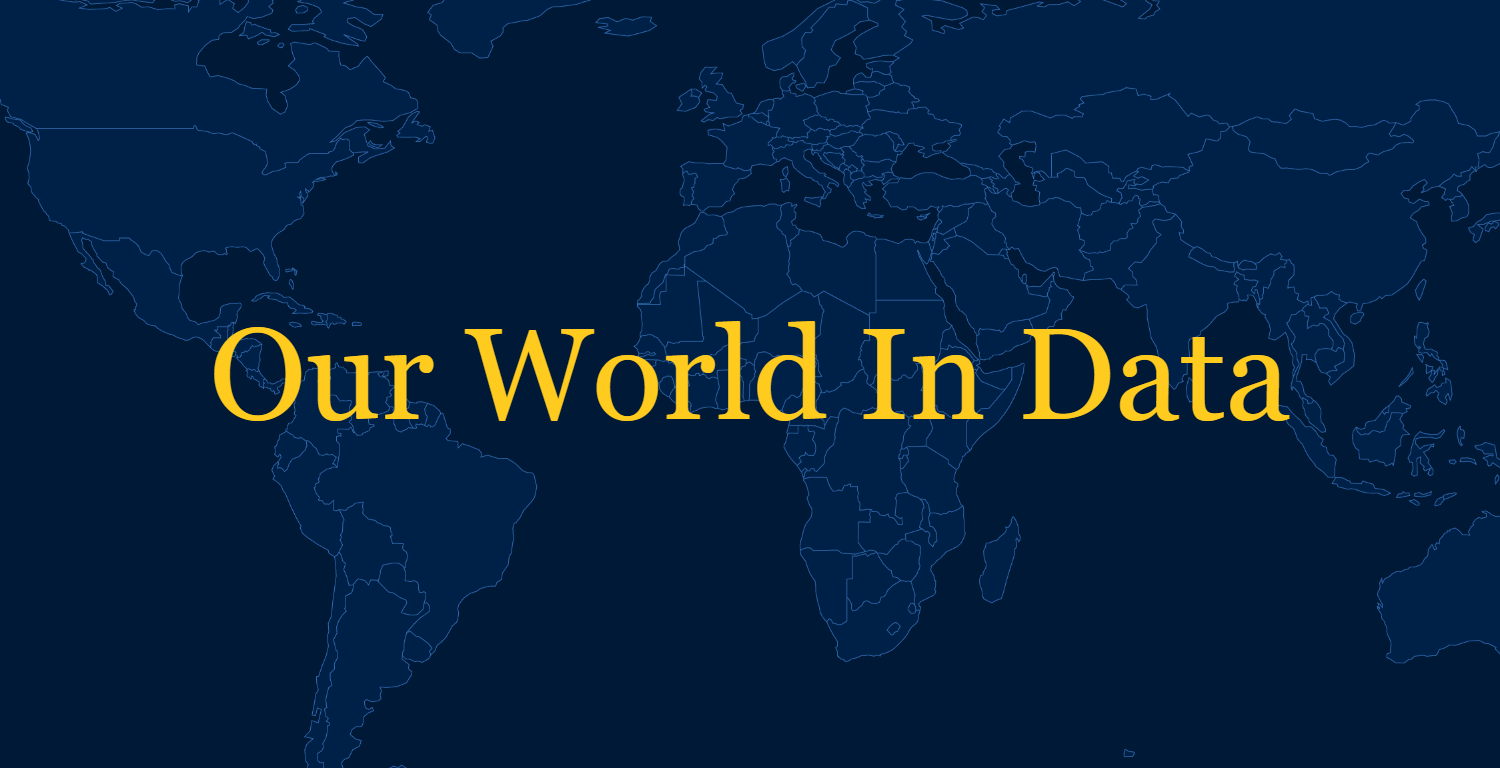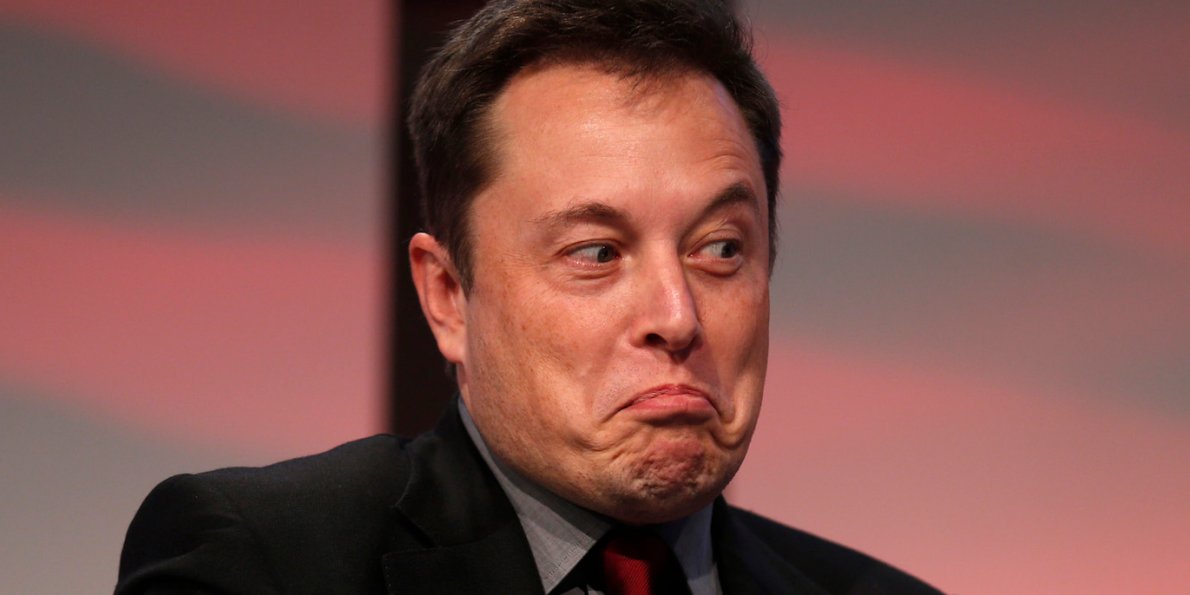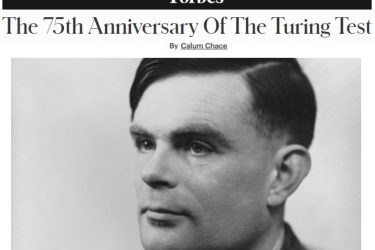“Enlightenment Now” is the latest blockbuster from Stephen Pinker, the author of “The Blank Slate” and “The Better Angels of Our Nature”. It has a surprising and disappointing blind spot in its treatment of AI risk, which is why it is reviewed here, but overall, it is a valuable and important book: it launches a highly effective attack on populism, which is possibly the most important and certainly the most dangerous political movement today. The resistance to populism needs bolstering, and Pinker is here to help.
Populism

Populists claim to defend the common man against an elite – usually a metropolitan elite. They claim that the past was better than the present because the birthright of the masses has been stolen. The populists claim that they can right this wrong, and rescue the people from their fate. (The irony that most populists are members of the same metropolitan elite is strangely lost on their supporters. The hypocrisy of Boris Johnson, Jacob Rees-Mogg, Rupert Murdoch and the rest complaining about metropolitan elites is breath-taking.)
The claims of populists are mostly false, and they usually know it, so their advocacy is often as dishonest as it is strident, which undermines public debate. What is worse, their policies don’t work, and often cause great harm.
Past outbreaks of populism have had a range of outcomes. The term originated in the US, where a Populist Party was electorally successful in the late nineteenth and early twentieth centuries, but then fizzled out without leaving much of a trace. Other outbreaks have had far more lasting consequences: communist populists have murdered millions, and the Nazis plunged the whole world into fire and terror.
Today, populism has produced dangerously illiberal governments in Central Europe, and it is dragging Britain out of the EU with the nostalgic rallying cry of “take back control”. The hard left faction currently in charge of Britain’s Labour party wants to take the country back to the 1970s, and Bernie Saunders enchants his followers with visions of a better world which has been stolen by plutocrats.
The populist-in-chief

The most obvious and blatant populist today is, of course, President Trump. A pathological liar, and a brazen adulterer who brags about making sexual assaults, he is openly nepotistic, racist, and xenophobic. He is chaotic, thuggish, wilfully ignorant (although not stupid), and a self-deluding egotist with very thin skin and a finger on the nuclear button. He is likely to be proven a traitor before his term expires, and he is certainly an autocratically inclined threat to democracy.
Given all this, the opposition to Trump’s version of populism has been surprisingly muted. The day after President Trump’s inauguration, the Women’s March turned into one of the largest nationwide demonstrations in American history. But since then, Democratic Party leaders have struggled to make their voices heard above the brouhaha raised by Trump’s potty tweets and his wildly disingenuous press announcements, so they tried cutting deals with him instead of insisting that his behaviour was abnormal and unacceptablei. The Republicans are holding their noses and drowning their scruples for the sake of a tax cut, at the risk of devastating their party if and when the Trump bubble bursts. The most potent resistance has come from comedians like Bill Maher, Stephen Colbert and Samantha Bee.
Liberalism needs to recover its voice. It needs to fight back against populism both intellectually and emotionally. Enlightenment Now is a powerful contribution at the intellectual level.
Progress

Part two of the book (chapters 4 to 20) accounts for two-thirds of the text. It is a comprehensive demolition of the core populist claim that the past was better than today, and that there has been no progress. It draws heavily (and avowedly) on the work of Max Rosen, who runs the Our World In Data website, and is the protégé of the late Hans Rosling, whose lively and engaging TED talks are a must-watch for anyone wishing to understand what is really going on in our world.
Whatever metric you choose, human life has become substantially and progressively better in the last two hundred years. You can see it in life expectancy, diets, incomes, environmental measures, levels of violence, democracy, literacy, happiness, and even equality. I’m not going to go into a defence of any of these claims here: read the book!
Pinker makes clear that he does not think the world today is perfect – far from it. We have not achieved utopia, and probably never will. Similarly, he is not saying that progress is inevitable, or that setbacks have not occurred. But he believes there are powerful forces driving us in the direction of incremental improvement.
Criticisms
Enlightenment Now is already a best-seller, and the subject of numerous reviews. It has attracted its fair share of scorn, especially from academics. Some of that is for his support for muscular atheism, and some for his alleged over-simplification of the Enlightenment. This latter criticism might be a fair cop, but the book is not intended to be an academic historical analysis, so he may not be overly troubled by that.
Indeed, Pinker seems almost to invite academic criticism: “I believe that the media and intelligentsia were complicit in populists’ depiction of modern Western nations as so unjust and dysfunctional that nothing short of a radical lurch could improve them.” He is an equal-opportunity offender, as scathing about left-inclined populist sympathisers as those on the right: “The left, too, has missed the boat in its contempt for the market and its romance with Marxism. Industrial capitalism launched the Great Escape from universal poverty in the 19th century and is rescuing the rest of humankind in a Great Convergence in the 21st.”
A lot of people are irritated by what they see as Pinker’s glib over-optimism, and here he seems more vulnerable: he derides warnings of apocalyptic dangers as a “lazy way of achieving moral gravitas”, and while he has a point, it sometimes leads him into complacency. “Since nuclear weapons needn’t have been invented, and they are are useless in winning wars or keeping the peace, that means they can be un-invented – not in the sense that the knowledge of how to make them will vanish, but in the sense that they can be dismantled and no new ones built.”
Pinker’s blind spot regarding AI

And so to the reason for reviewing Enlightenment Now on this blog. Pinker’s desire to downplay the negative forces acting on our world leads him to be scathing about the idea that artificial intelligence poses any significant risks to humanity. But his arguments are poor, and while he reels off some AI risk jargon fluently enough, and name-checks some of the major players, it is clear that he does not fully understand what he is talking about. Comments like “Artificial General Intelligence (AGI) with God-like omniscience and omnipotence” suggest that he does not know the difference between AGI and superintelligence, which led Elon Musk to tweet wryly that if even Pinker did not understand AI, then humanity really is in trouble.
Pinker claims that “among the smart people who aren’t losing sleep are most experts in artificial intelligence and most experts in human intelligence”. This is grossly misleading: while many AI researchers don’t see superintelligence as a near-term risk, very few deny that it is a serious possibility within a century or two, and one which we should prepare for. It appears that Pinker has been overly influenced by some of these outliers, as he cites some of them, including Rodney Brooks. But presumably in error rather than mischief, he also lists Professor Stuart Russell as one of the eminent AI researchers who discount the existential risk from superintelligence, whereas Russell was actually one of the first to raise the alarm.
Pinker makes the bizarre claim that “Driving a car is an easier engineering problem than unloading a dishwasher” and goes on to observe that “As far as I know, there are no projects to build an AGI”. In fact there are several, including Doug Lenat’s long-running Cyc initiative, Ben Goertzel’s OpenCog Foundation, and most notably, DeepMind’s splendid ambition to “solve intelligence, and use that to solve everything else.”
If you want to dive further into these arguments, the standard recommendation is of course Nick Bostrom’s seminal “Superintelligence”, but I’m told that “Surviving AI”, by a certain Calum Chace, explores the issues pretty well too.
Resistance Now
Happily, although regrettable, this blind spot does not spoil “Enlightenment Now”’s important and valuable contribution to the resistance to the tide of populism. Highly recommended.
i. https://www.theatlantic.com/politics/archive/2018/02/democrats-resistance-to-trump-is-eroding-and-so-are-their-poll-numbers/552845/



